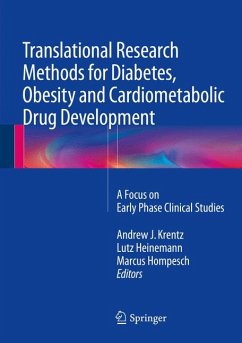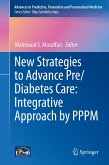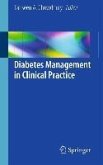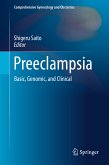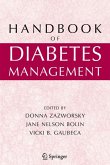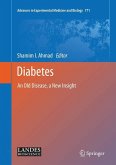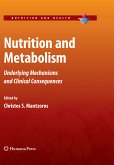Clinical research methods for assessing the pharmacokinetics and pharmacodynamics of new diabetes drugs, e.g. the euglycaemic clamp technique, have become well-established in proof-of-mechanism studies; however, selection of the best techniques is by no means straightforward.
This book will aid the understanding of the need for new pharmacotherapies for type 1 diabetes, type 2 diabetes, and obesity and the molecular targets of drugs currently in development. Emerging technologies including the omics disciplines are considered together with practical and ethical issues of early phase clinical trials in subjects with cardiometabolic disorders.
Translational Research Methods for Diabetes, Obesity and Cardiometabolic Drug Development will be of interest to biomedical scientists, pharmacologists, academics involved in metabolic research and clinicians practicing in these specialties.
Dieser Download kann aus rechtlichen Gründen nur mit Rechnungsadresse in A, B, BG, CY, CZ, D, DK, EW, E, FIN, F, GR, HR, H, IRL, I, LT, L, LR, M, NL, PL, P, R, S, SLO, SK ausgeliefert werden.

